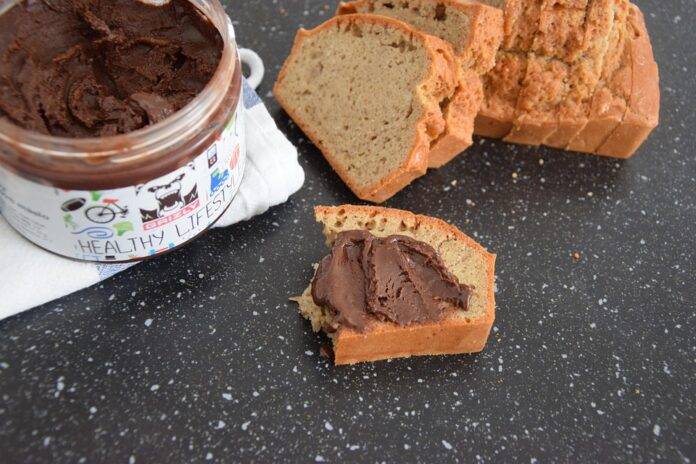The Health Benefits and Nutritional Profile of Butter Compared to Margarine and Plant-Based Spreads
Introduction
When it comes to choosing a spread for your toast or baked goods, there are several options available on the market, including butter, margarine, and plant-based spreads. Each of these options has its own unique health benefits and nutritional profile, which can make it challenging to decide which one is the best choice for you. In this report, we will compare the health benefits and nutritional profiles of butter, margarine, and plant-based spreads to help you make an informed decision.
Butter
Butter is a dairy product made from the fat and protein components of milk. It is a rich source of saturated fat, which has been linked to an increased risk of heart disease and other health issues. However, butter also contains important nutrients such as vitamin A, vitamin D, and antioxidants like selenium. In moderation, butter can be a flavorful addition to a balanced diet.
Margarine
Margarine is a spread made from vegetable oils, water, and sometimes milk. It was originally created as a cheaper alternative to butter, but has since evolved to include a variety of formulations, including trans-fat-free options. Margarine is typically lower in saturated fat than butter and may also be fortified with vitamins and minerals. However, some margarines may contain unhealthy trans fats or high amounts of processed vegetable oils.
Plant-Based Spreads
Plant-based spreads are a newer addition to the spread market, made from ingredients like nuts, seeds, and avocado. These spreads are often touted as a healthier alternative to butter and margarine, as they are typically lower in saturated fat and may contain beneficial nutrients like omega-3 fatty acids and antioxidants. Plant-based spreads can be a good option for those looking to reduce their intake of animal products or saturated fat.
Nutritional Comparison
In terms of nutritional content, butter is high in saturated fat and cholesterol, while margarine can vary widely in its fat content depending on the formulation. Plant-based spreads tend to be lower in saturated fat and may contain beneficial nutrients like fiber and antioxidants. When choosing a spread, it is important to consider your overall dietary needs and goals, as well as any specific health concerns you may have.
Health Benefits
Butter, margarine, and plant-based spreads each have their own unique health benefits. Butter is a good source of fat-soluble vitamins like A and D, while margarine may be fortified with important nutrients like omega-3 fatty acids. Plant-based spreads are often high in monounsaturated fats, which have been linked to heart health. When consumed in moderation as part of a balanced diet, all three spreads can be a part of a healthy lifestyle.
Industry Insights
The spread market is a competitive industry, with major players like Kerry Group, Unilever, and Conagra Brands dominating the market. These companies offer a wide range of spreads to cater to different consumer preferences, including traditional butter, margarine, and plant-based options. As consumer demand for healthier, more sustainable products continues to grow, we can expect to see more innovation in the spread market in the coming years.
Conclusion
In conclusion, when it comes to choosing a spread, there are several factors to consider, including health benefits, nutritional content, and personal preferences. Butter, margarine, and plant-based spreads each have their own unique qualities that make them suitable for different dietary needs. By understanding the health benefits and nutritional profiles of these spreads, you can make an informed decision that aligns with your health and wellness goals.



